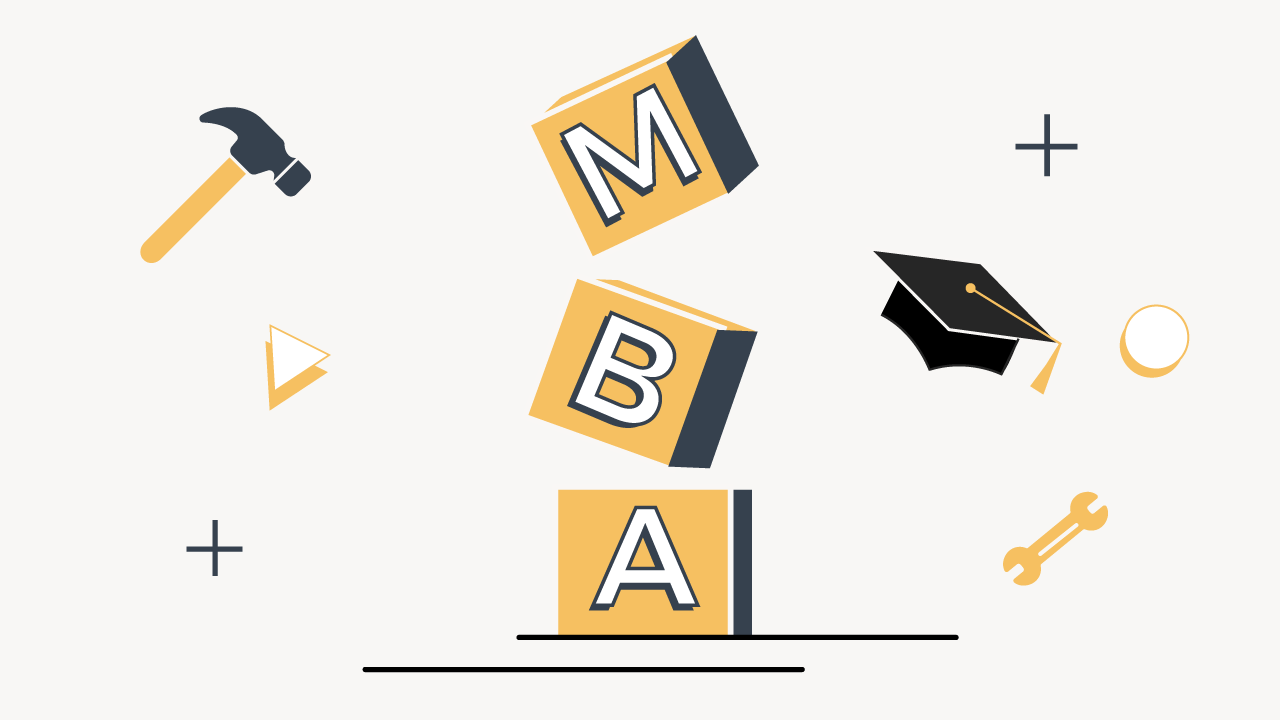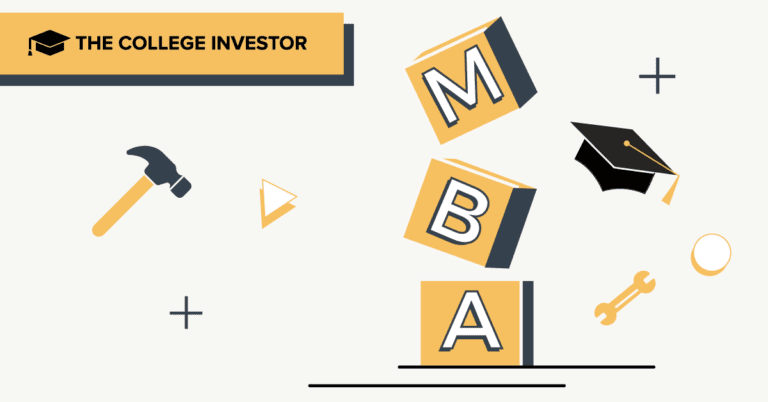
Getting an MBA, especially at a top school, can come at a high price. Even after investing in an expensive degree, you may not land the high-paying job you were hoping for – or you may decide that management isn’t for you and you want to pursue a completely different career.
If you wish to learn the material covered in an MBA program without the burden of paying for one, you can create a DIY MBA curriculum. While this approach isn’t foolproof, it allows you to create a custom curriculum tailored to what you want to study while helping you learn the skills you’ll need to advance your career.
This article will look at how to DIY your MBA and the things you’ll want to consider before you get started.
How to Create Your Own MBA Curriculum
The idea of doing an MBA on your own terms is presented in Josh Kaufman’s book The Personal MBA. The book provides you with business education for a fraction of the cost. Although you won’t benefit from completing a supervision project or networking with your classmates, The Personal MBA is a good starting point for anyone who wants to study for an MBA on their own terms (hey, even their blog is an excellent starting point).
In addition to reading this book or other business books, there are other ways you can leverage technology to build an MBA program as well.
MOOC specializations
MOOCs — or Massive Open Online Courses — are low-cost courses offered on platforms like Coursera and EdX. You can enroll in the same classes you would take in business school at world-class institutions like the Wharton School at the University of Pennsylvania (without the price).
Instead of a degree, MOOC platforms offer certifications. Coursera, for example, has a specialization in Business Foundations that can be completed online at your own pace. Instead of paying tuition, you can enroll in a MOOC major for free and pay a monthly fee to complete the curriculum. The faster you move through the content, the lower the overall cost will be.
You can also combine a variety of business courses from different universities to get a complete online MBA experience. This is an example of a curriculum you can follow to mimic the courses offered by an elite MBA program. With this approach, you’ll not only have access to courses offered by Ivy League schools here in the United States, but you’ll be able to take classes from top instructors at universities around the world.
ChatGPT
Another approach to consider is leveraging emerging technologies such as artificial intelligence to create a customized curriculum. I personally did this to create my own Master of Economics curriculum:

You can create your own prompt for ChatGPT to develop a list of business school courses for you, a syllabus for each course, and the concepts you should cover in each course. By creating your own curriculum this way, you can not only ask ChatGPT to recommend books to read, but you can also incorporate other learning media like podcasts and YouTube videos into your curriculum.
This can be a useful approach for students who want an innovative approach to learning not currently offered by traditional business school programs.
DIY MBA Courses You Must Take
When creating your own MBA curriculum, you want to make sure you cover the basics. Here are some courses you’ll want to include in your DIY MBA curriculum:
- Financial Accounting
- Corporate finance
- Macroeconomics and Microeconomics
- Management
- Organizational behavior
- Leadership
- Marketing
Once you’ve covered your baseline, you can add electives. Electives can help you specialize in courses more closely related to your career field. These may include topics such as:
- Entrepreneurship
- Non-profit management
- Social impact
- Technology and ethics
To complete your studies, you can do an optional milestone. This can be pro bono freelance work for a client to solve a specific problem. Many small businesses need help, but they can’t always afford to bring in an expensive MBA to do the work for them. You can test your new MBA skills while solving a real problem for a real business in your community.
Related: Are MBAs worth it?
How to Network Without Enrolling in an MBA Program
One of the main disadvantages of doing an MBA on your own is that you won’t be taking classes with other students. The courses covered in a traditional MBA program are only half the value. Many students enroll in top programs because of the network and status that elite schools confer.
In fact, about 10% of Fortune 500 CEOs come from elite Ivy League MBA programs (but realize that many of these CEOs also got their MBAs when they were already at the C-suite level, or they were shut out and already had some solid own networks). While attending an elite MBA program doesn’t guarantee you’ll land a great job, it certainly helps.
When you study alone, you won’t have access to the network of students in your MBA cohort, but that doesn’t mean you can’t network. Instead, look for networking events for startup founders, entrepreneurs, and professionals in your community. Eventbrite and MeetUp are two places to look for them.
You can also join professional associations. Toastmasters, Rotary, and groups housed at your Chamber of Commerce are some good places to start.
Finally, don’t limit yourself based on where you live. Now it’s easier than ever to join online communities. Build your digital network on LinkedIn and schedule Zoom coffee dates. Many professionals will be happy to connect with you even if they are not in your neck of the woods.
Related:
MBA Admissions Guide: What You Need to Know
Final thoughts
Doing an MBA on your own can be a good alternative to an expensive MBA from a top school. You can create a customized curriculum that allows you to learn on your own terms. If you decide it’s not right for you, a DIY MBA is easy to drop and pivot to something else.
That said, this approach isn’t for everyone. Aside from not having access to a strong in-person network, doing your own MBA requires a lot of discipline. You may have the best intentions to complete the course, but if you don’t treat it like a course and schedule time to complete the material, you will never complete it.
A DIY MBA isn’t a substitute for a real MBA and doesn’t come with a degree, but it can be a cost-effective alternative for a disciplined student. You don’t have to apply to a program and wait to be accepted. If you want, you can start right away.

